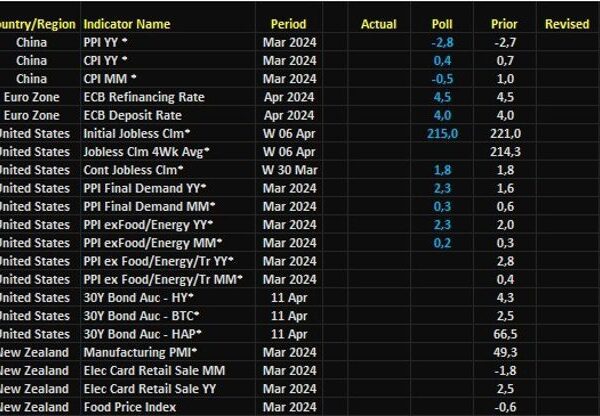
Jamie Dimon, JPMorgan’s chairman and CEO, thinks keeping the “world safe and free for democracy” may be a bigger issue than the U.S. economy right now
Dimon, in a prepared statement Friday, warned about the prospects for the U.S. economy, which he said was facing “considerable turbulence (including geopolitics), with the potential positives of tax reform and deregulation and the potential negatives of tariffs and ‘trade wars,’ ongoing sticky inflation, high fiscal deficits and still rather high asset prices and volatility. As always, we hope for the best but prepare the Firm for a wide range of scenarios.”
On a call with analysts Friday, Dimon was much more blunt. The JPMorgan CEO said he “almost doesn’t really care” how the U.S. economy performs in the next two quarters, that the U.S. has been through recessions before. For Dimon, the most important thing is that the “Western world stays together economically” and that “we get through all this militarily to keep the world safe and free for democracy.”
China on Friday boosted tariffs on U.S. imports to 125% from 84%. The move is seen as retaliation for the Trump administration’s levies on Chinese imports, which now totals 145%.
China is a “major issue,” Dimon said Friday, adding that he “doesn’t know how that’s going to turn out.”
Dimon’s comments came as JPMorgan handily beat first quarter expectations. The bank on Friday reported Q1 revenue of $45.3 billion, up from $41.9 billion for the same period in 2024. JPM’s Q1 net income was $14.6 billion, or $5.07 a diluted share for the three months ended March 31, compared to $13.4 billion in net income, or $4.44 a share, for first quarter 2024.
JPMorgan Chase had $4.4 trillion in assets as of March 31.
“This is a very solid quarter for JPM, which included a $0.27 reserve build,” said David Konrad, a KBW equity research analyst, in an April 11 note.
Pause in M&A
Jitters about the economy and the Trump Administration’s tariffs have caused the U.S. stock market to plunge, while the shares of many banks have also dived. JPMorgan’s stock has fallen about 7% since April 2. In afternoon trading Friday, shares of JPMorgan were up 4% to $236.31.
When asked about the chance of a U.S. recession, Dimon said he called Michael Feroli, JPMorgan’s chief economist, who said there was a 50-50 chance of a recession.
“Banks, as you know, are a cork in the ocean when it comes to the economy,” Dimon said on the call.
All the volatility has caused many IPOs to go on pause while some deals have been delayed, Fortune has reported. “And anecdotally, a lot of people are not doing things because of this. They’re going to wait and see, and that’s M&A. That’s M&A with middle market companies,” he said.
Dimon also said that some issues that are currently causing volatility existed before the Trump administration came into power, including the geopolitical situation and excess fiscal deficits. The JPMorgan CEO said the best thing would be to allow Scott Bessent, Secretary of the Treasury, as well as the people working with Bessent and the administration, to “finish as quick as possible the agreements that they need to make around tariffs and with our trading partners.”
Other banks
JPMorgan Chase was one of three investment banks reporting Friday. Morgan Stanley also beat expectations when it reported first quarter net income of $4.3 billion, or $2.60 per diluted share, compared with $3.4 billion, or $2.02 per diluted share for the same period a year ago. Net revenue rose about 15% to $17.7 billion. “It was a solid quarter driven by equities trading and other trading revenues,” wrote KBW’s Konrad in a separate note. Share of Morgan Stanley were trading at $108.48, up nearly 2%.
Wells Fargo also came in above expectations when it reported about $4.9 billion in net income, or $1.39 a diluted share for the three months ended March 31, compared to $4.6 billion or $1.20 a share for the same period in 2024. Total revenue dropped 3.5% to $20.1 billion in Q1. Net interest income, which measures a lender’s profitability, fell 6% to $11.5 billion in Q1. Wells Fargo’s stock shed 56 cents to $62.50 in afternoon trading Friday.
Wells CEO Charlie Scharf said he expects “continued volatility and uncertainty and are prepared for a slower economic environment in 2025,” according to a statement.
“We support the administration’s willingness to look at barriers to fair trade for the United States, though there are certainly risks associated with such significant actions. Timely resolution which benefits the U.S. would be good for businesses, consumers, and the markets,” Scharf said.
This story was originally featured on Fortune.com















